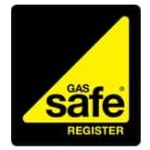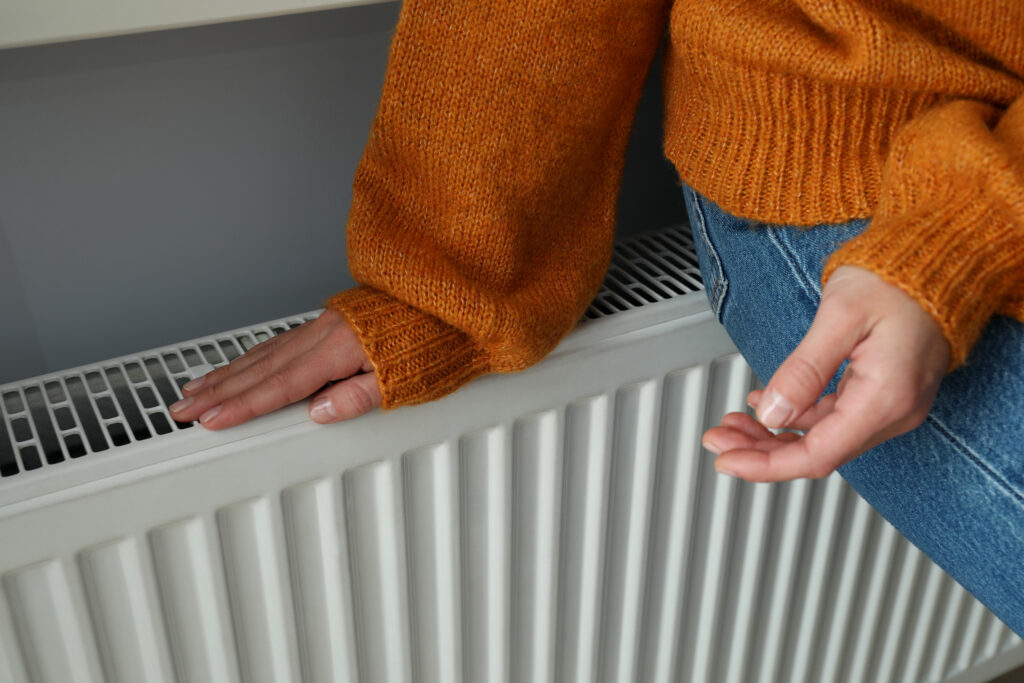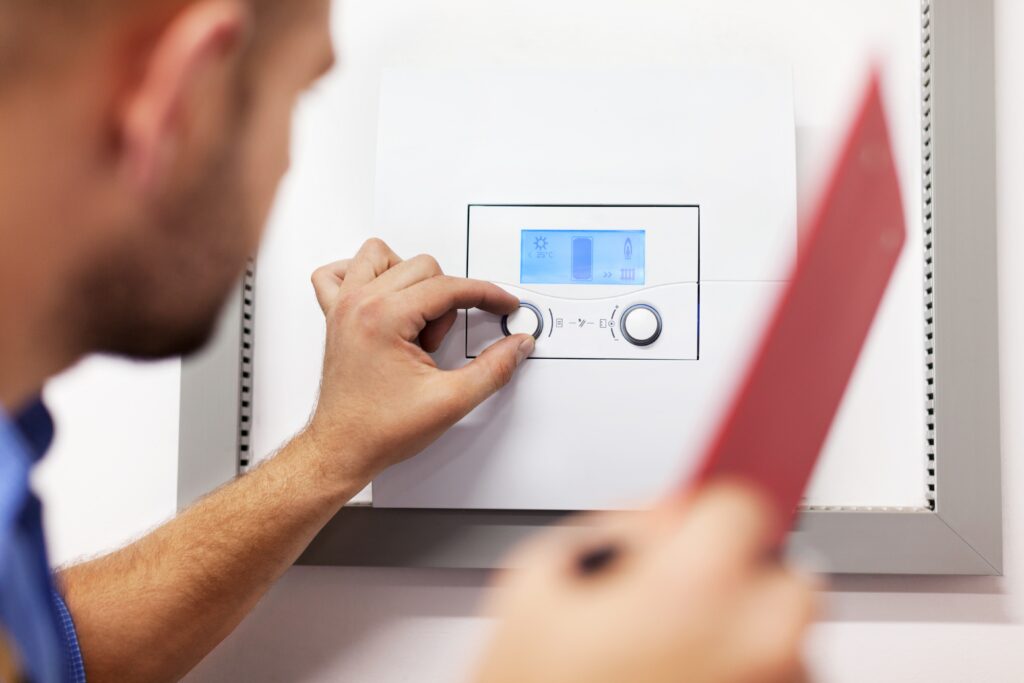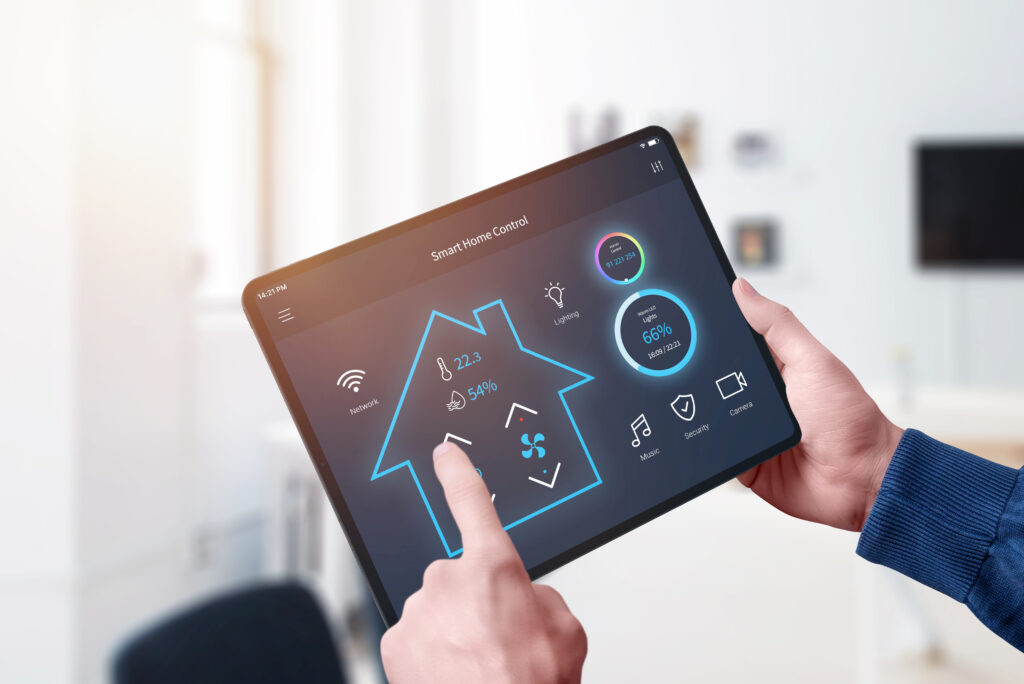Dealing with a burst or leaking pipe in your home can be a stressful and potentially damaging situation. It’s a common household problem that can cause significant water damage, leading to costly repairs and inconvenience. Understanding the appropriate steps to take in such emergencies is crucial. This guide aims to provide you with detailed instructions on handling a burst or leaking pipe, helping you minimise damage and resolve the issue effectively.
Initial Steps to Take
Identifying the Problem
Firstly, identify the source of the leak. This might involve looking for visible signs of water damage such as damp walls, pooling water, or a noticeable decrease in water pressure. Sometimes the leak may be hidden, indicated by the sound of running water in walls or floors, or an unexplained increase in your water bill.
Shutting Off the Water Supply
Immediately shut off the main water supply to prevent further damage. The main valve is typically located near the water metre or where the main service line enters your home. If you are unsure, it’s wise to familiarise yourself with its location beforehand as part of your household emergency plan.
Assessing the Damage
Determining the Severity
After the water supply is cut off, assess the leak’s severity. Understanding whether it’s a minor issue or a major problem will help determine if it’s something you can handle or if professional assistance is needed.
Safety Considerations
Prioritise safety, especially concerning electrical hazards. If water has come into contact with electrical outlets or appliances, turn off the power at your home’s main electrical panel. Avoid contact with the water until you are certain there is no electrical risk.
Temporary Fixes
For Minor Leaks
If the leak is minor, such as a small drip, temporary fixes like plumber’s tape, a pipe clamp, or a bucket to catch drips can be useful. These solutions can buy you time until a permanent repair is made but remember they are not long-term solutions.
DIY Tips
For those comfortable with DIY, temporary solutions like epoxy putty or a pipe patch can be effective. However, be cautious as improper application can exacerbate the problem. If in doubt, it’s best to consult a professional.
Cleaning Up
Dealing with Water Damage
Quickly address any water damage to prevent mould and mildew. Start by removing standing water with towels, mops, or a wet/dry vacuum. Circulate air with fans or open windows to aid in drying out the area. In cases of significant water damage, consider consulting water damage restoration professionals.
Keep Documents for Insurance
Document all damage meticulously. Take photos and keep a log of what happened and the steps taken. This documentation is vital for insurance claims and can help ensure you receive the appropriate coverage for the damage.
When to Call a Professional
Recognising Your Limits
If the problem is beyond your skill set, it’s crucial to call in a professional plumber. Plumbing systems can be complex, and amateur repairs can lead to more significant issues.
Finding a Reliable Plumber
Seek a reputable, licensed, and insured plumber. Check online reviews, ask for recommendations from friends or neighbours, and ensure they offer emergency services if immediate assistance is required.
Preventative Measures
Regular Maintenance
Prevent leaks and bursts through regular maintenance. This includes routine checks for signs of wear, ensuring pipes are insulated against freezing temperatures, and addressing minor issues before they escalate.
Know Your Home
Familiarise yourself with your home’s plumbing layout and the location of the main shut-off valve. This knowledge is invaluable during a plumbing emergency and can significantly reduce potential damage.
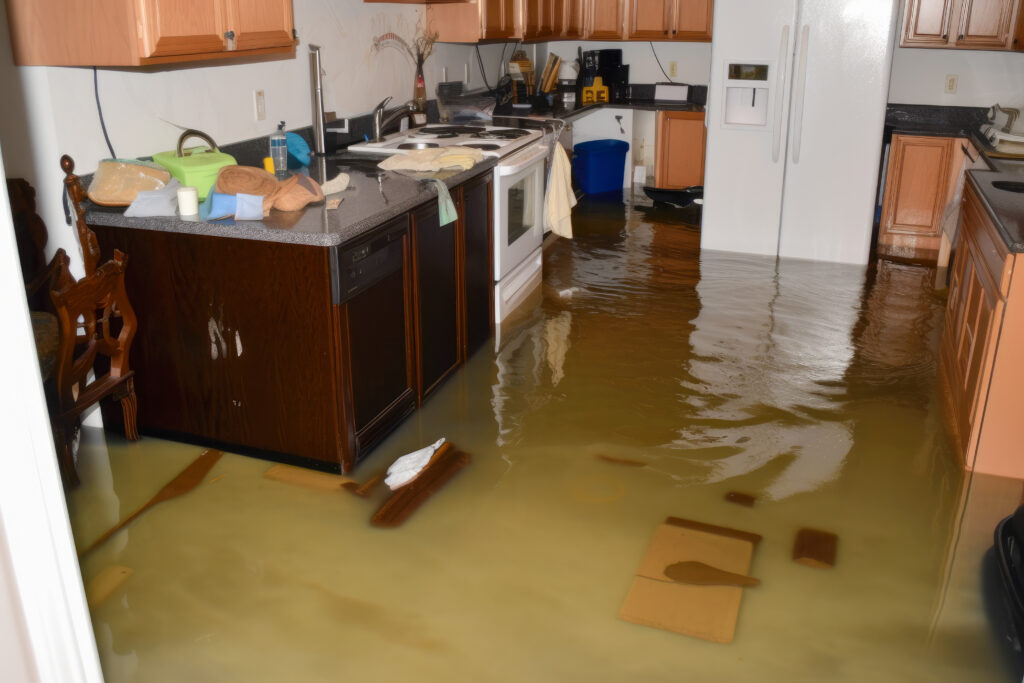
Long-Term Solutions
Repair or Replacement
Evaluate whether a simple repair will suffice or if it’s time to replace old or corroded pipes. Sometimes, investing in new piping can be more economical and less troublesome in the long run.
Upgrading Plumbing
Consider upgrading to modern materials like PVC or PEX, which are less prone to issues like corrosion and bursting, offering a more reliable and long-lasting solution.
Consulting Professionals Post-Repair
Ensuring Long-Term Safety and Efficiency
Once the immediate crisis of a burst or leaking pipe is resolved, it’s advisable to consult a professional plumber for a thorough inspection. This step is crucial to ensure that the repairs were done correctly and to assess if there are any underlying issues that could cause future problems. A professional can also provide valuable advice on the overall health of your plumbing system, including recommendations for upgrades or changes to prevent similar incidents. This inspection not only guarantees the safety and efficiency of the repairs but also offers peace of mind, knowing that your plumbing system is sound and reliable. Additionally, having a professional sign-off on the repair work can be beneficial for insurance purposes, validating the quality of the work done.
Reviewing Home Insurance Coverage
Preparing for Future Emergencies
A burst or leaking pipe highlights the importance of having comprehensive home insurance that covers such emergencies. After dealing with a plumbing emergency, take the time to review your home insurance policy. Ensure it includes coverage for water damage caused by plumbing issues and understand the process of filing a claim. If your current policy doesn’t offer adequate coverage, consider upgrading or shopping for a new policy. This review should also extend to understanding what preventive measures your insurance company recommends or requires for coverage eligibility. Some insurers offer discounts for homes with upgraded plumbing systems or regular professional inspections. By ensuring your insurance coverage is robust, you can protect yourself financially from future plumbing emergencies and their associated costs.
Conclusion
Effectively managing a burst or leaking pipe requires prompt action, from identifying the problem to implementing temporary fixes and knowing when to call in professionals. Regular maintenance and understanding your home’s plumbing system can prevent or minimise such emergencies. By following these steps, you can handle a burst or leaking pipe situation with confidence, reducing potential damage and ensuring the safety and integrity of your home.
Call on the Professional Services of Heat-Tec
Whether you are looking for plumbing or heating engineers or a company that carries out gas safety inspections, you have found the right company. Heat-Tec offers a professional approach, striving to achieve the highest possible standards from the start to the finish of any project. No job is complete until you are satisfied, contact us today.

